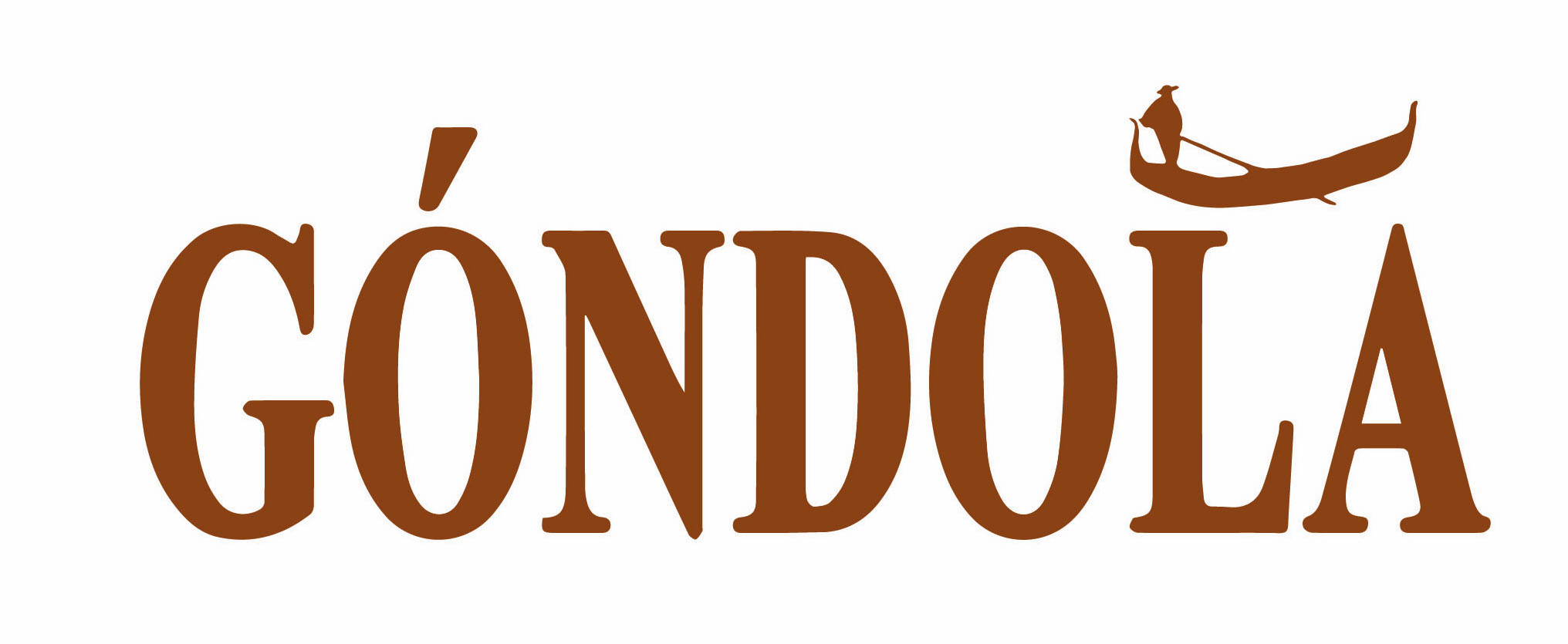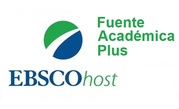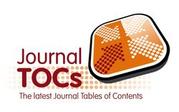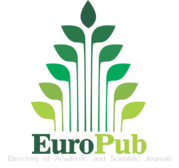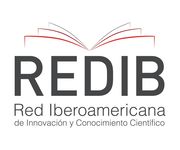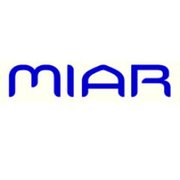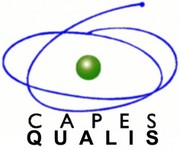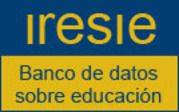DOI:
https://doi.org/10.14483/23464712.5215Published:
2010-07-01Implementación de la estrategia “aprendizaje por investigación” mediante un problema experimental de estequiometría
Implementation of the strategy "research learning" through an experimental problem of escheomometry
Keywords:
stoichiometry, Inquiry-based learning, experimental problems solution (en).Keywords:
Estequiometria, aprendizaje por investigación, resolución de problemas experimentales (es).Downloads
Abstract (es)
El trabajo desarrollado en el laboratorio describe una estrategia reconocida como “Aprendizaje por Investigación” que se genera a partir de un problema experimental de estequiometria donde el principio fundamental a implementar es la investigación. El problema a resolver es la determinación de la cantidad de Bicarbonato de Sodio (NaHCO3) en una muestra de Alka-seltzer® por dos métodos distintos; método por perdida de masa y método de recolección de gases para luego dar validez a los resultados a partir de la repetición, determinar la precisión y la exactitud de los resultados, parámetros útiles para analizar los valores obtenidos. Esta propuesta que posibilita la participación activa, autónoma del estudiante, mejora sus procesos de construcción de conceptos y desarrollo de habilidades y destrezas.
Abstract (en)
In this work, we present a proposal of chemistry teaching that was developed to enable the active and autonomous participation of the student, as well as to improve their processes of concept construction and development of skills and abilities. The work was developed in the laboratory based on the perspective of "Learning by Research", which was generated from an experimental problem of stoichiometry around a research process. The problem to be solved was the determination of the amount of Sodium Bicarbonate (NaHCO3) in an Alka-seltzer® sample by two different methods; the method for mass loss and the method for gas collection, after that, students must to validate results from repetition, determine the precision and accuracy of the results, using parameters to analyze the values obtained.
References
Brown, Lemay y Bursten (1998) Química “La Ciencia Central”, (7ª. Ed.), México, Edit. Prentice Hall.
Molina, M,F. CARRIAZO, J,G.RIVERA, J,C. Aprendiendo estequiometria a través de proyectos de investigación en el laboratorio de Química General. De la teoría a la practica en la enseñanza por investigación. Bogotá: Universidad Nacional de Colombia.
Miller James, Miller Jane (2002). Estadística y quimiometría para química analítica. Madrid; Pearson educación S.A.
Ralph, H. Petrucci.(1977) Química General. Edit. Fondo Interamericano
http://faculty.dbcc.cc.fl.us/swansoj/Carbon_Dioxide_from_Alka-Seltzer.htm: Determinación de dióxido de carbono usando agua como disolvente. (Accesad en Noviembre 15 de 2010)
http://www.scribd.com/doc/33646343/ESTADISTICA-APLICADA-AL-ANALISIS-QUIMICO.
(accesada en Noviembre de 2010)
How to Cite
APA
ACM
ACS
ABNT
Chicago
Harvard
IEEE
MLA
Turabian
Vancouver
Download Citation
License
Gondola, Ens Aprend Cienc. is an open-access publication, free of charge for authors and readers. The publication, consultation or download of the contents of the magazine does not generate any cost for the authors or the readers, since the Francisco José de Caldas District University assumes the expenses related to edition, management and publication. The peer evaluators do not receive any economic retribution for their valuable contribution. The work of all the actors mentioned above is understood as a contribution to the strengthening and growth of the research community in the field of Science Education.
As of December 1, 2018 the contents of the journal are published under the terms of the Creative Commons License Attribution-Noncommercial- ShareAlike 4.0 International (CC-BY-NC-SA 4.0), under which others may distribute, remix, retouch, and create from the work in a non-commercial way, give credit and license their new creations under the same conditions.
The copyright holders are the authors and the journal Gondola, Ens Aprend Cienc. The holders retain all rights without restrictions, respecting the terms of the license in terms of consultation, downloading and distribution of the material.
When the work or any of its elements is in the public domain according to the applicable law in force, this situation will not be affected by the license.
Likewise, we encourage authors to deposit their contributions in other institutional and thematic repositories, with the certainty that culture and knowledge is a good of all and for all.




